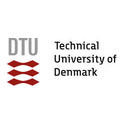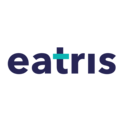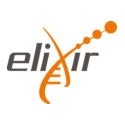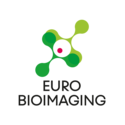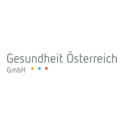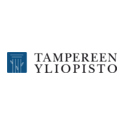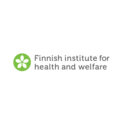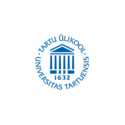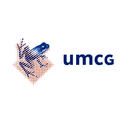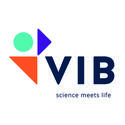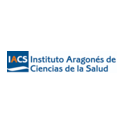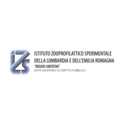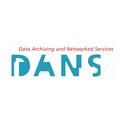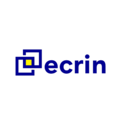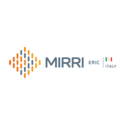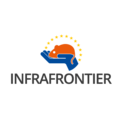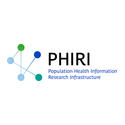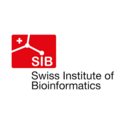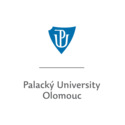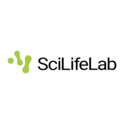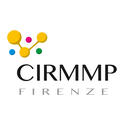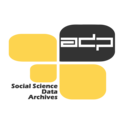In short
BY-COVID is a project that mobilises and connect COVID-19 data within the COVID-19 Data Platform to make it more accessible to laboratory scientists, public health researchers, medical staff, government officials and policy makers. Subsequently it provides a framework to make other infectious diseases data open and accessible to everyone. The project is unique in its truly interdisciplinary approach that brings together 53 partners from 19 European countries.
Project description
In response to the COVID-19 pandemic a vast amount of data has been generated in various countries by numerous institutes, ranging from hospitals and medical centres to universities, research infrastructures, public health laboratories and consortia. As the data originate from a lot of different sources, it remains a challenge to identify the best data sources, connect the data and integrate these for effective analysis.
To overcome this challenge the BY-COVID project aims to make comprehensive open data on SARS CoV-2 accessible to everyone across scientific, medical, public health and policy domains within the COVID-19 Data Platform. Looking beyond the COVID-19 era, the project also provides a framework for making data from other infectious diseases open and accessible to everyone. Bringing together stakeholders across a wide range of disciplines, this projects has the ambition to build a bridge between public health, clinical sciences, social sciences, and molecular sciences.
To reach abovementioned goals, the BY-COVID objectives are to:
- enable storage, sharing, access, analysis and processing of research data and other digital research objects from outbreak research.
- mobilise and expose viral and human infectious disease data from national centres.
- link FAIR data and metadata on SARS-CoV-2 and COVID-19.
- develop digital tools and data analytics for pandemic and outbreak preparedness, including tracking genomic variations of SARS-CoV-2 and identifying new variants of concern.
- contribute to the Horizon Europe European Open Science Cloud (EOSC) Partnership & European Health Data Space (EHDS).
Consortium
Partners
- 53 partners
- 19 countries
Structure
As shown in the figure below, the project is built around four main pillar across which the work is divided into eight work packages:
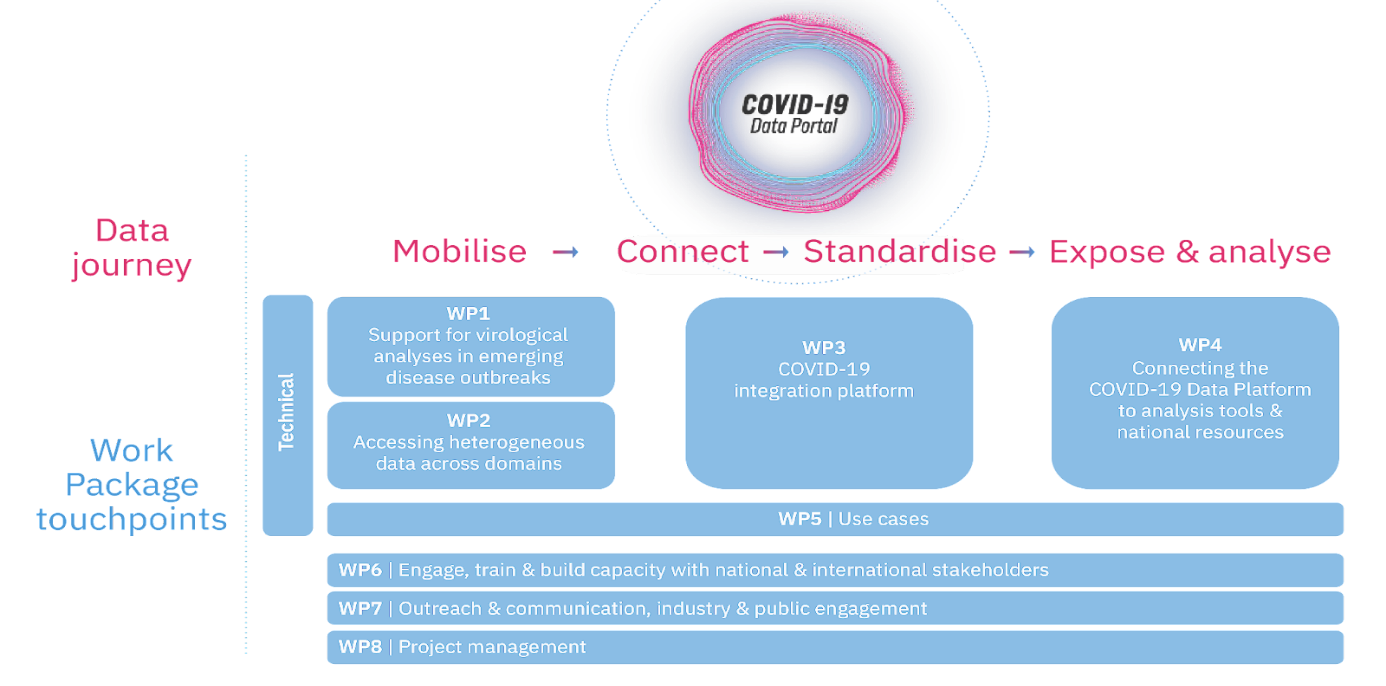
| Work Packages (WP) | Leading Institute, Country |
| WP1 Support for virological analyses in emerging disease outbreak | ELIXIR / EMBL-EBI |
|
WP2 Accessing heterogeneous data across domains and jurisdictions for enabling the downstream processing of COVID-19 and future pandemic episodes data
|
BSC |
| WP3 COVID-19 integration platform | ELIXIR / EMBL-EBI |
|
WP4 Connecting the COVID-19 data platform to analysis tools and local portals
|
VIB |
WP5 A Continuously evolving demonstrator project feeding the changing research questions that surface during an on-going pandemic to solutions
|
Sciensano, Belgium |
WP6 Engage, train and build capacity with national and international stakeholders
|
SIB |
WP7 Outreach and communication, industry and public engagement
|
ELIXIR / EMBL-EBI |
WP8 Coordination, project-management and Ethical, Legal and Social Implications
|
ELIXIR / EMBL-EBI |
| WP9 Ethics requirements | ELIXIR / EMBL-EBI |
Technical information
| Work Program | HORIZON (HORIZON-INFRA-2021-EMERGENCY-01) |
| Type of Action | HORIZON Research and Innovation Actions Grant agreement number: 101046203 |
| Budget | €12M |
| Lead Coordinator | ELIXIR |
| Domain / Area | Infectuous Diseases |
Results
Sciensano took the lead in WP5 on the use cases. We have developed an interoperable workflow that is standard to federated population-health research. Although the project is focused on infectious diseases, the workflow that we have developed is generic and can be applied to any well-defined research question.
- We have put a lot of effort in making sure that all resulting digital objects are made FAIR, by publishing in open-science initiatives such as Zenodo, Github, WorkflowHub, and RO-Crate.
- The workflow has been featured as a showcase. Read it here
- The methodological framework has been described in full in a scientific paper. Read it here
- We’ve managed to distribute and deploy our workflow on sensitive real-world data within three countries. Read it here
- We’ve submitted our final deliverable. Read it here
Within WP7 on citizen engagement tasks, Sciensano developed an educational package which includes various cases, grouped into different topics. These illustrative cases can be used as a starting point for discussion and give students and citizens the opportunity to explore their own values and principles concerning health data ecosystems. The topics can be used to guide students in forming ethical questions arising from the case and as a starting point for a more in-depth discussion. Find the Educational Toolkit here
The final General Assembly as well as an Industry Event took place mid-September in Brussels.
During the assembly we brought together scientists, data experts, industry and policymakers to discuss:
- activities and outputs of the BY-COVID project
- the role that openspace played in the recent pandemic
- EU-level developments in pandemicpreparedness
 Download the presentation here
Download the presentation here
Sciensano's project investigator(s):
Service(s) working on this project
Partners


